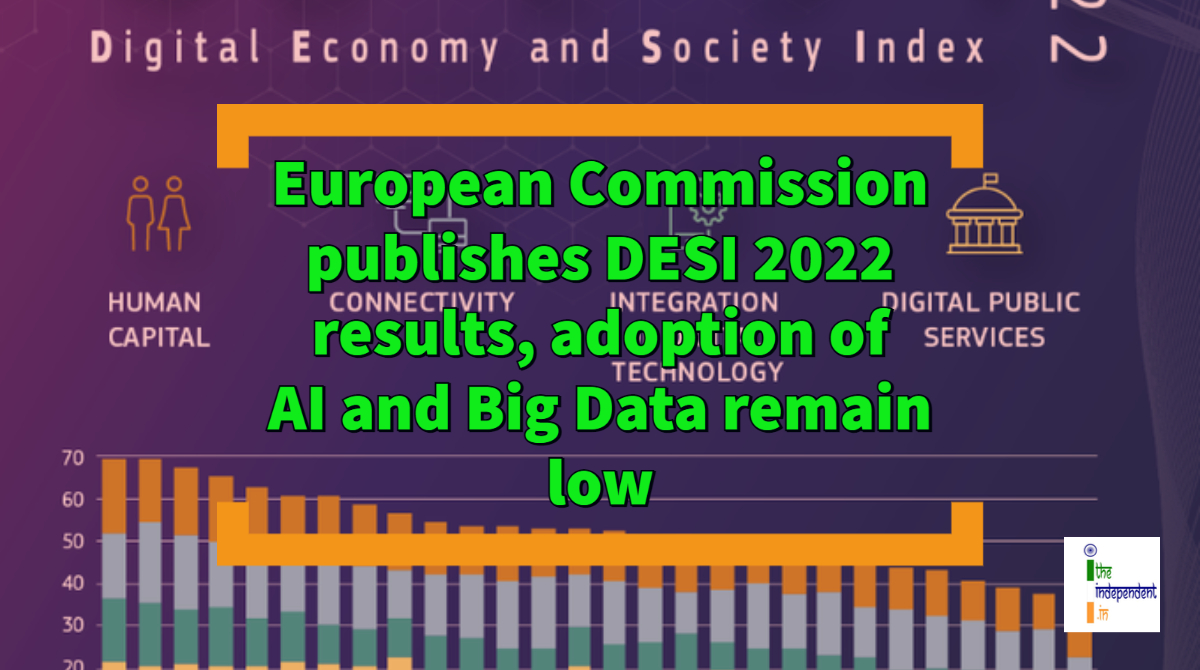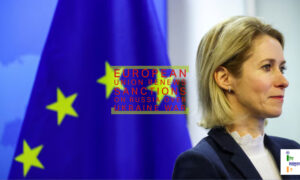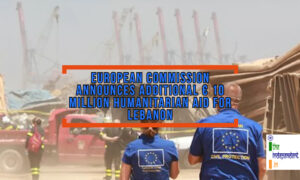
The member states are struggling to close the gaps in digital skills, the digital transformation of SMEs, and the roll-out of advanced 5G networks
The European Commission has published the results of the Digital Economy and Society Index (DESI) 2022, which tracks the progress made by Member States in their digitalization efforts.
Although the Member States have stepped-up their digitalisation efforts owing to Coronavirus (COVID-19), they are still struggling to close the gaps in digital skills, the digital transformation of SMEs, and the roll-out of advanced 5G networks.
The Recovery and Resilience Facility (RRF), with about € 127 billion dedicated to reforms and investments in digital, offers an unprecedented opportunity to accelerate the digital transformation.
Taking it to twitter, the European Commission tweeted,
The digital transition is accelerating.
— European Commission
The message of the 2022 Digital Economy and Society Index is positive, but we must continue our efforts to put the EU at the forefront of the technological race.
Dig deeper into the statistics and browse #DESIeu by country#DigitalEU
(@EU_Commission) July 28, 2022
As per the results, the adoption of key digital technologies by businesses, such as Artificial Intelligence (AI) and Big Data remains low. Efforts need to be stepped up to ensure the full deployment of connectivity infrastructure (notably 5G). Digital skills are another important area where Member States need to make progress.
Speaking on the occasion, the Executive Vice-President for a Europe Fit for the Digital Age – Margrethe Vestager said, “Digital transition is accelerating. Most Member States are progressing in building resilient digital societies and economies. Since the start of the pandemic, we have made significant efforts to support Member States in the transition. Be that through the Recovery and Resilience Plans, EU Budget or, more recently also through the Structured Dialogue on Digital Education and Skills. Because we need to make the most of the investments and reforms necessary to meet the Digital Decade targets in 2030. So, change must happen already now.”
Besides, the European Commission’s proposal on the Path to the Digital Decade, will facilitate deeper collaboration between Member States and the E.U. to advance in all dimensions covered by the DESI. It provides a framework for Member States to undertake joint commitments and establish multi-country projects that will reinforce their collective strength and resilience in the global context.
As per the DESI results, Finland, Denmark, the Netherlands and Sweden remain the frontrunners. However, the uptake of AI and Big Data, remains below 30% and very far from the 2030 Digital Decade target of 75%. Italy, Poland and Greece have substantially improved their DESI scores over the past 5 years, implementing sustained investments with a reinforced political focus on digital, also supported by European funding.
Only 54% of Europeans aged between 16 -74 have at least basic digital skills. The target of the Digital Decade is at least 80% by 2030. The use of cloud computing reached 34% during COVID-19. However, AI and Big Data use by business stand only at 8% and 14% respectively. In 2021, Gigabit connectivity increased further in Europe. The coverage of networks connecting buildings with fibre reached 50% of households, driving overall fixed very high-capacity network coverage up to 70% (100% target by 2030). 5G coverage also went up last year to 66% of populated areas in the E.U.
Around 56% of the total 5G harmonized spectrum has been assigned, in the vast majority of Member States. On an average, Member States have dedicated 26% of their RRF allocation to the digital transformation, above the compulsory 20% threshold. Member States that chose to invest more than 30% of their RRF allocation to digital are Austria, Germany, Luxembourg, Ireland and Lithuania.







